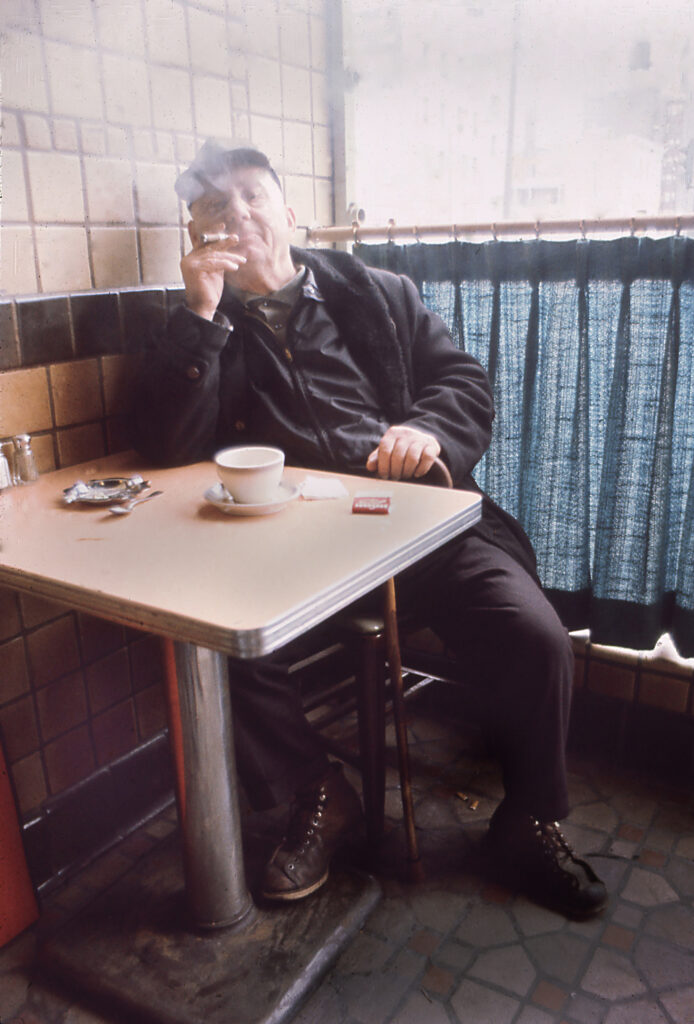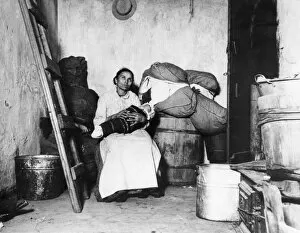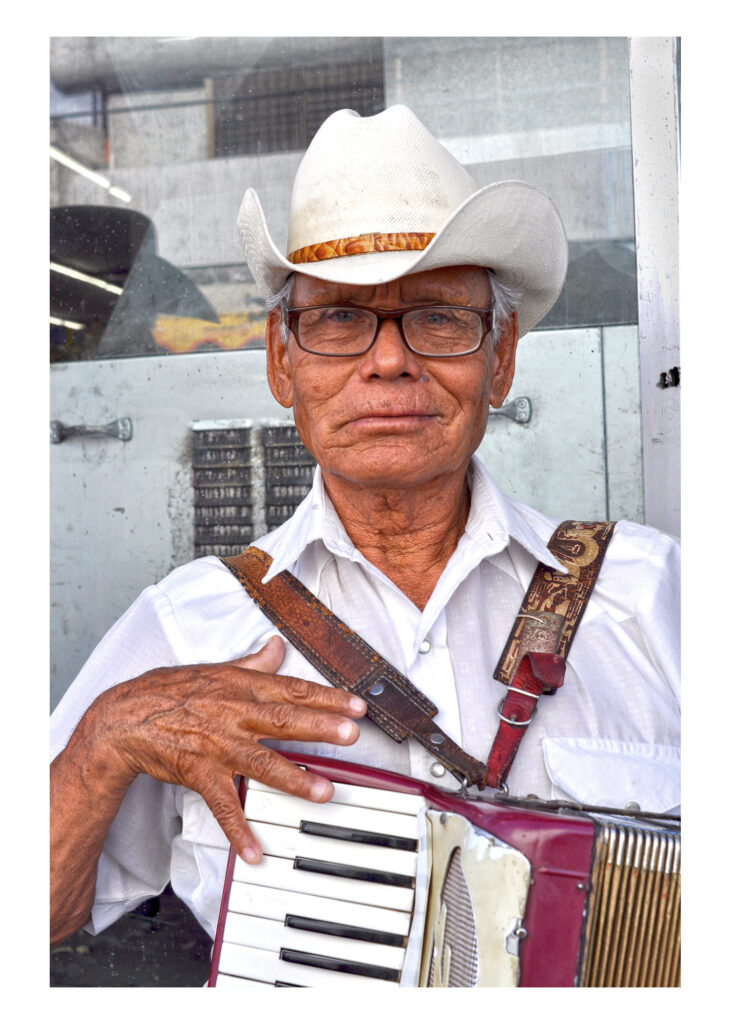What is Photojournalism?

Amboseli Park Kenya

Photojournalism is a specific type of journalism in which photography is used as the primary channel to tell stories, capture conflict and emotion. Photojournalists have the opportunity to share information with the world that may have gone untold otherwise. The field is rapidly changing, leaving photojournalists to explore new ways of interpreting events, being published, and making names for themselves.
The main difference between photojournalism and other forms of reportage photography is the incentive behind the photographs. Photojournalists typically work for publications and are placed on specific assignments, whereas documentary and street photographers tend to work as a freelance photographer, so their work tends to be more personally motivated. Freelance photographers attract clients after sharing their works in an online portfolio.

A photojournalist makes a living by selling their work to publications, though they can also sell their service by working with a publication for an extended period of time. Photojournalists must create their own exposure by manufacturing an online presence with a portfolio and webpage. Many photojournalists create freelance photography, while others’ works come from contracted assignments, but typically the work comes from establishing an identity online and using meta-tagging to bring more exposure to their page.
Noor Photo Agency, National Press Photographers Association, and Zuma Press are just a few of the many organizations that represent photojournalists. Joining such an organization can be beneficial for a photojournalist because it brings them more exposure, and it sends a message to future clients that you stand with the same code of ethics as the organization and therefore can be trusted to follow through with quality work. Many of these organizations, such as NPPA, offer workshops to the photojournalists they represent, so joining may improve your skills and bring you more exposure. Overall, membership is a sign that you are a professional. It can cost anywhere from $60-$110 annually for a membership, depending on what type of membership you are seeking. The function of a photo agency is to gather photographs and stories from photographers all over the world and distribute them to news outlets.

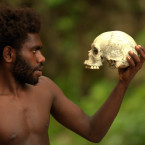
The “Golden Age” of photography has often been considered to roughly between the 1930’s – 1950s, less than a decade after the first 35-mm camera and flash bulbs were invented. However, During every period of photography’s 175+ year history, you’ll find great photographers and images. New photographic styles have been developed and incredible visual stories have been told. Photography has had a major impact on the culture and consciousness of the people around the world since it’s birth. Steve Gottlieb, founder and CEO of Shindig, argues that the golden age of photography is happening right now. He holds this belief because photography has become an accessible mode of storytelling to more people now than ever. Most people always have a camera on them, so we have more access to information from all around the world. Not only has the quantity of these images increased, but the quality has as well due to the advances in camera technology and editing software. The fact that we can instantly share these images using social media makes the trend even greater.
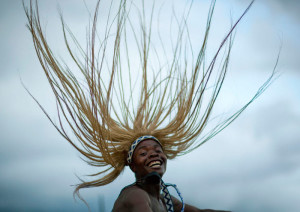
The Lens blog for New York Times is a fantastic outlet for contemporary photojournalism. Eric Lafforgue, whose works have been published in magazine and newspapers from all over the world like Geo, National Geographic, Lonely Planet Magazine, etc, has travelled the world as a contemporary photographer, documenting a wide variety of topics with his photography. I admire Lafforgue’s work because he has the ability to photograph a variety of subjects well, his images capture your attention, and he has captured the cultural essence of dozens of countries through his works.
